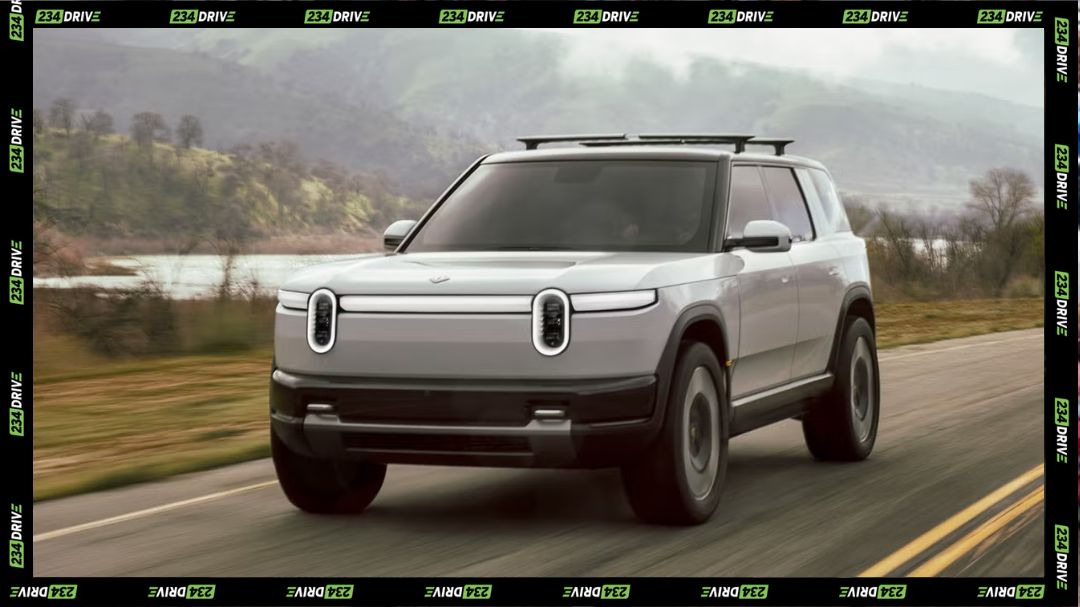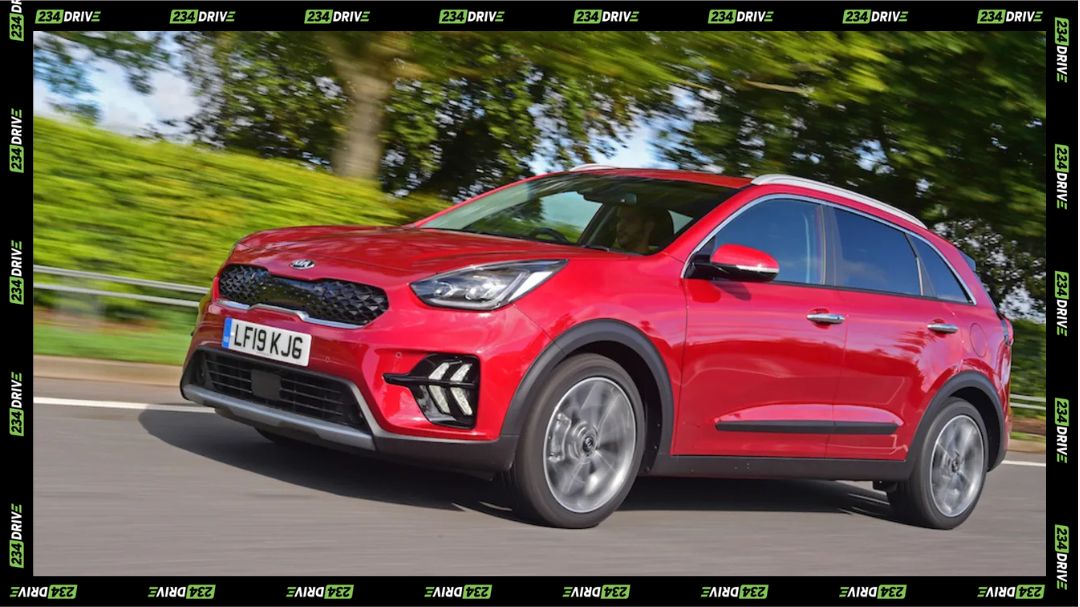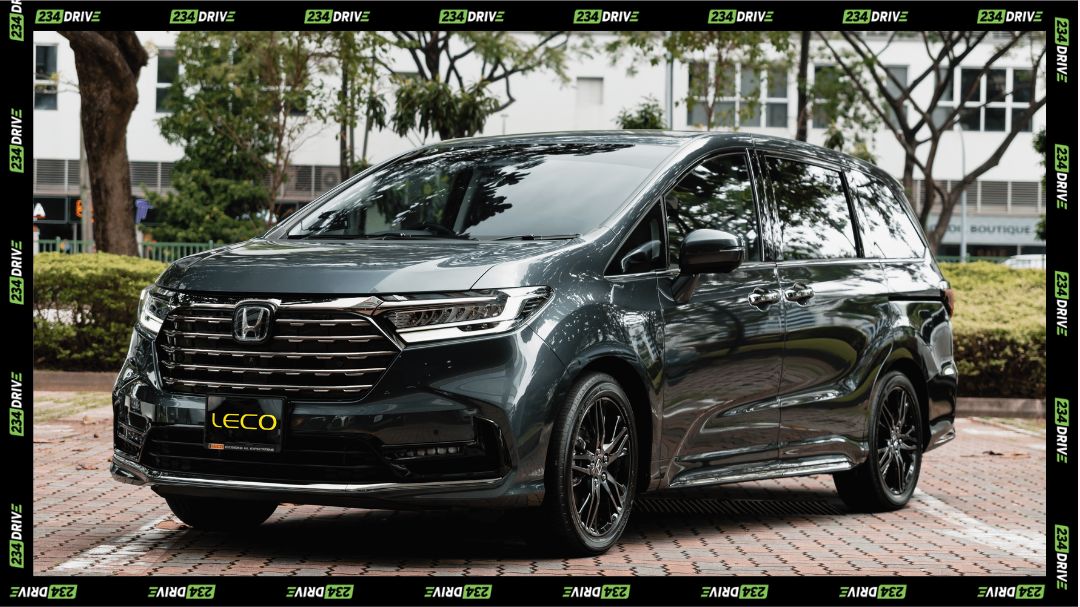The shift to electric vehicles (EVs) is undeniable. But while the EV market continues to grow, petrol-powered cars still offer real, practical advantages in many day-to-day situations. Below, we explore 10 reasons why petrol cars might still be the better option for many drivers in 2025.
1. Lower Initial Cost
Electric cars are getting cheaper, but they still come with a hefty price tag. The average price of a petrol car in 2025 is around £21,964, while electric vehicles hover between £48,000 and £50,873. For first-time buyers or those on a tighter budget, petrol cars remain far more affordable.
2. Better Range for Long Drives
Petrol cars typically offer around 400 miles on a full tank. Most electric cars average 300 miles per charge. On paper, this may not seem like a big difference, but for long-distance travel or driving in rural areas, it matters. Planning fewer stops saves time and hassle.
3. Faster Refueling Time
Time is money. Petrol cars can be refueled in 3–5 minutes. Electric cars? They can take anywhere from 30 minutes (fast charging) to several hours at home. If you’re always on the move, waiting around isn’t practical.
4. More Accessible Infrastructure
Despite the boom in EV charging stations, petrol stations still dominate, especially in rural regions. They’re easier to find, and they can serve more vehicles faster. Charging stations often have long queues, and limited plugs per station, especially during peak travel times.
5. Better in Extreme Weather
EVs lose efficiency in hot or cold weather. Studies show electric car range can drop by 17% in hot climates and up to 26% in cold. Petrol cars aren’t immune to temperature changes, but they perform more consistently due to how they use heat from combustion.

6. Better Suited for Rural Roads and Long Distances
In rural areas, EVs face two problems: fewer charging stations and inconsistent mobile network coverage for app-based navigation and charging. Petrol cars don’t have that issue. You can refuel almost anywhere, and they don’t rely on connectivity.
7. Towing and Heavy Loads? Petrol Still Wins
Electric cars can tow, but range suffers dramatically, sometimes halving. Plus, charging with a trailer attached is often impractical at many public charging stations. Petrol cars, with their established towing capacity and no range penalty, are better for consistent heavy-duty work.
8. Greater Model Variety
While EVs are increasing in variety, the petrol car market still dominates in terms of sheer options. From economy city cars to exotic sports models, petrol-powered cars give you more choice at every budget and performance level.
9. Bigger and More Established Used Market
Looking for a used EV? You might struggle to find one that hasn’t experienced significant battery degradation. Petrol cars, on the other hand, dominate the used market, accounting for over 90% of transactions. Repairs are easier, and resale value is more predictable.
10. Resilience in Power Outages
A dead grid means a dead EV. Unless you have solar power or backup energy, you’re stuck. Petrol cars don’t have this problem. As long as stations are open or you have a reserve can, you’re mobile. That mobility matters during emergencies or natural disasters.
Wrap-Up: Practicality Still Matters
Electric cars are the future, no question. But that doesn’t mean petrol cars are obsolete. They remain cheaper to buy, more flexible to use, and in many cases, just more convenient. For now, petrol vehicles still hold their ground, especially outside of big cities.
As battery tech improves and infrastructure scales, EVs may catch up on all fronts. Until then, don’t write off petrol just yet.









